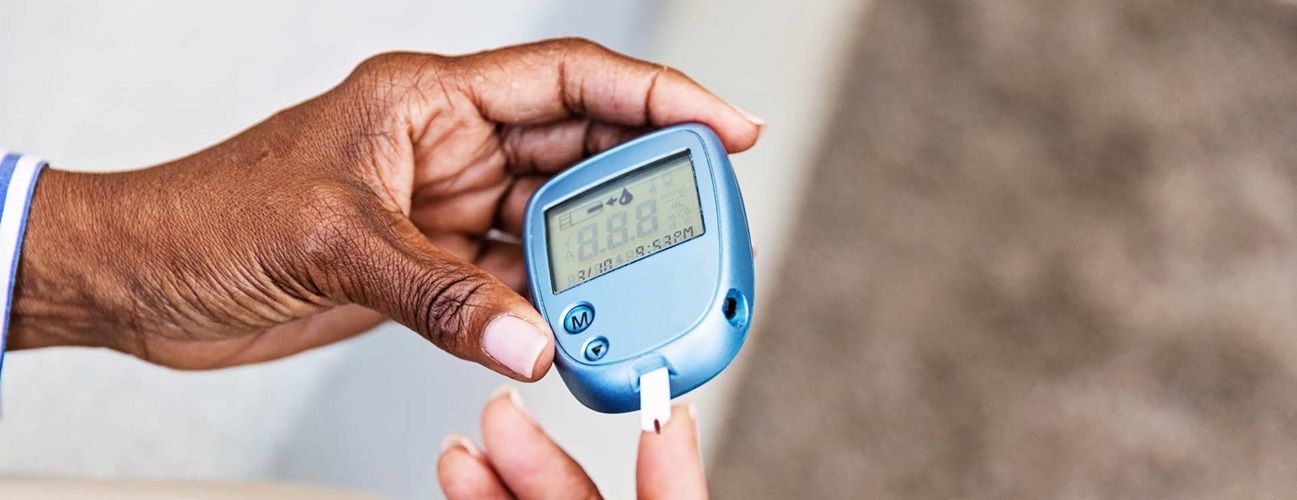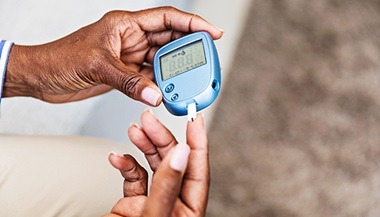Diabetes: Answers from Diabetes Expert Dr. Rita Kalyani
Featured Expert:
Dr. Rita Kalyani of the Johns Hopkins Division of Endocrinology, Diabetes and Metabolism clarifies common misconceptions about diabetes—a condition which affects a third of all American adults.
What is diabetes?
Diabetes is a serious disease that occurs when the body cannot maintain normal levels of glucose, an important energy source.
There are two major types: type 1 and type 2 diabetes. People with type 1 diabetes are unable to produce insulin, a hormone that helps the body metabolize glucose. People with type 2 diabetes can still produce insulin early in the disease, but the body doesn’t appropriately respond to its effects.
Gestational diabetes is a type of diabetes that is diagnosed for the first time during pregnancy in women.
What is prediabetes?
People with prediabetes have elevated blood glucose levels that are higher than normal but fall just below the criterion for diagnosing type 2 diabetes. Prediabetes is often a precursor to type 2 diabetes, but those with prediabetes can delay or prevent the development of type 2 diabetes by making healthy lifestyle adjustments.
Is diabetes preventable?
Based on current knowledge, it is not clear whether type 1 diabetes is preventable, but a healthy diet and regular exercise can dramatically decrease your risk of type 2 diabetes. Losing just 5 percent of your body weight can make a big difference. If you have type 2 diabetes, these same measures may help you manage your blood glucose without insulin.
How is diabetes managed?
If you have type 1 diabetes, you'll need to start taking insulin upon diagnosis. People with type 2 diabetes may initially be able to manage the disease with weight loss alone, but most patients take pills and some take insulin. You should work with your doctor to make sure you're on track with your treatment goals.Where can I find more information about diabetes?
Learn more about diabetes in the Johns Hopkins Health Library and discover what you should know about diabetes as you age.







